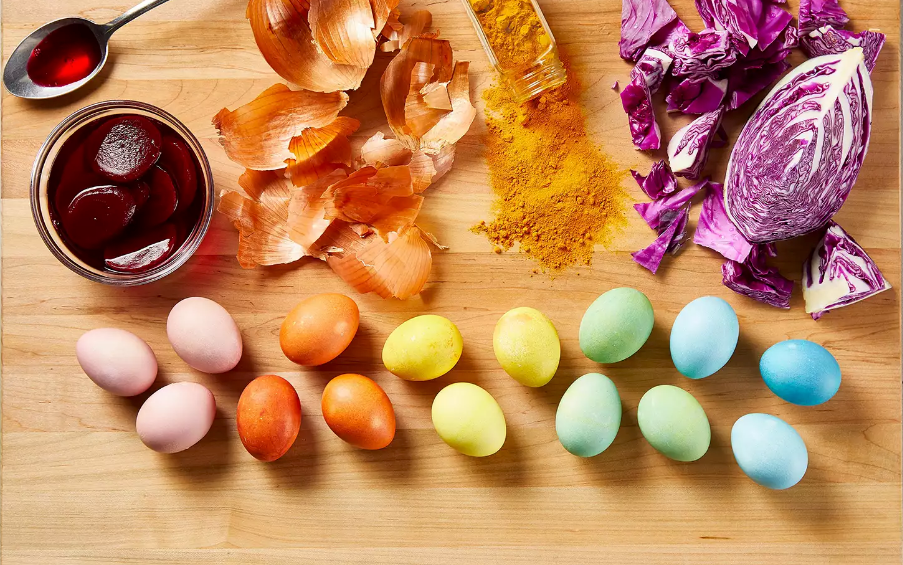How to properly perform a peanut maturity test
Published 5:45 pm Friday, August 26, 2016
By Ty Torrance
A peanut maturity test can only be as accurate as the sample taken from the field.
The goal of a peanut sample is to accurately represent the stage of maturity for the entire field. The sampling procedure begins by carefully lifting at least six plants from a minimum of four representative areas in a field. If you know that one side of the field has heavier land than the other side, take samples from both areas. Once the plants are collected in the field, approximately 200 to 220 nuts should be picked off individual plants for the actual hull scrape sample.
All peanuts larger than a pencil eraser should be included in the total count of 200-220 peanuts. This sample will be pressure blasted and checked for hull color on the peanut maturity profile board.
Each field should be sampled at approximately 115-120 days after planting. A second sample should be examined approximately 10 days before the date predicted by the first check to determine if the peanuts are maturing normally. This process has proven to be an effective and reliable method to project up to two weeks in advance the optimum digging date for peanuts. Careful attention should be given to dry land fields as they may not follow the maturity scale as predictably as irrigated peanuts.
In general, the most reliable profiles for projecting the optimum harvest interval are those profiles taken two to three weeks before harvest and before the leading pods have reached the final stages of the black maturity class. For medium maturity runner varieties (Georgia-06G and others), this may be achieved by taking an initial profile between 115-120 days after planting. Pay particular attention to the health of the pod stems on those reproductive sites having the earliest set pods, as well as days of age.
Rarely have we seen a medium maturity runner crop at risk from maturity loss in less than 125 days after planting.
At the end of the day, where the peanuts fall on the profile board is not the only factor that should influence your decision. Also consider upcoming weather, vine health, white mold pressure, and total acres to be harvested.
If you have any questions or concerns, please call the Decatur County Extension office at (229-248-3033).




